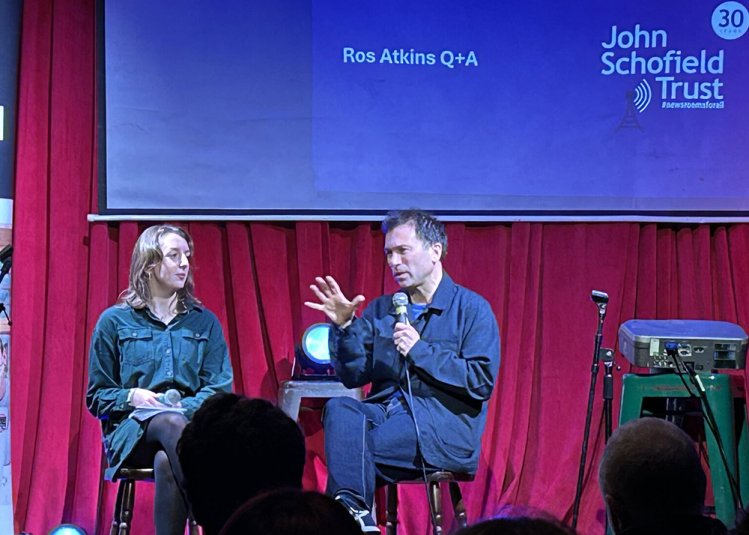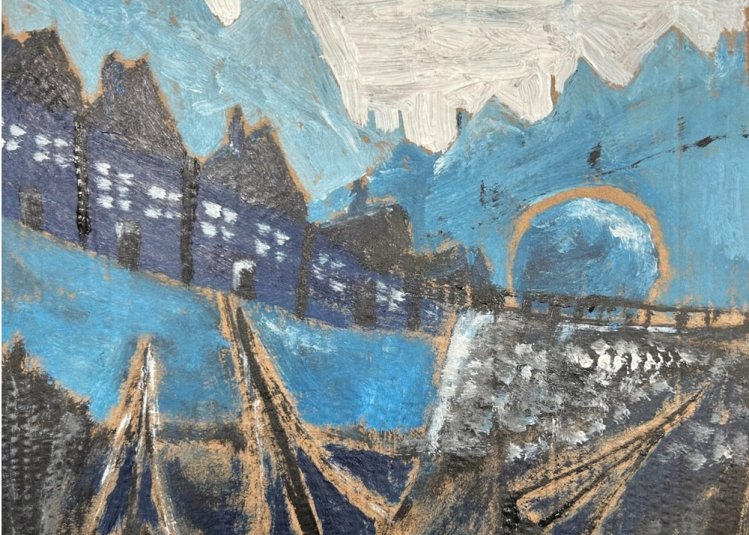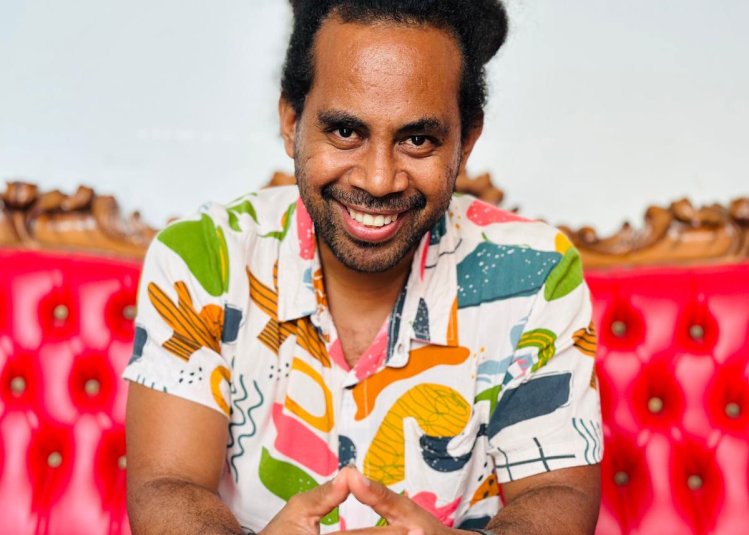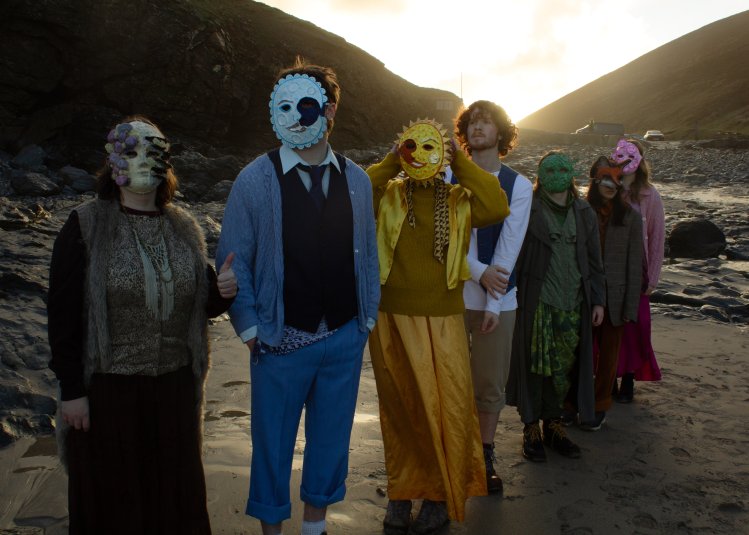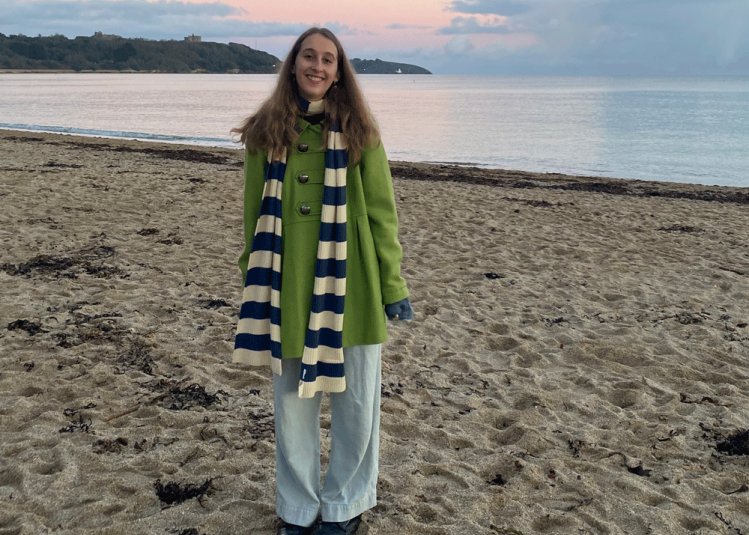The Creative Events Management student championing neurodiversity in the military
27 June 2025
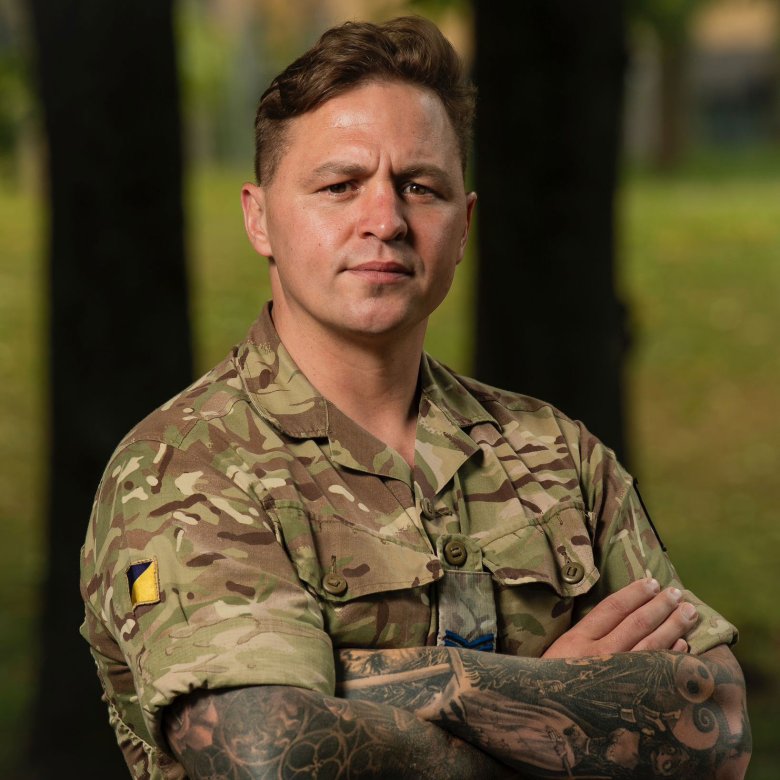
When Kirk Davis joined Falmouth’s online master’s degree in Creative Events Management two years ago, he never expected to embark on such a transformative journey. With a background in the military spanning eighteen years, Kirk was drawn to the course to sharpen up his skills as he moved into military events management. Fast-forward to today; he is on the cusp of graduating and has written a groundbreaking thesis exploring neurodiversity in the military.
We chatted to Kirk about what it’s been like to delve into a master’s degree having been out of education for over two decades, and his ambitions for his trailblazing research.
What made you decide to join Falmouth’s online Creative Events Management master’s?
I joined the army as a military chef back in 2007 and am currently still serving. Throughout my military career I've done a few different roles and am now a Senior Events Manager running various events for my department.
So, how did I end up at university? I'm a firm believer that you can't tell someone what to do if you don't know what you're doing yourself. Since I’d never worked in the events industry before, I felt it was very important to understand how it all works. I Googled events management courses, and found the Falmouth master’s, but I didn't think I'd be able to do it because of my severe dyslexia, and because I hadn’t done an undergraduate degree. Months passed and eventually I was persuaded to apply. Nearly two years later, here I am, about to finish my studies!
Ultimately, I’ve learned that studying at the right time, when you’re truly ready, can have a massive impact on your life.
How have you found doing a postgraduate degree?
It has been a total whirlwind! I left school twenty years ago, worked lots of different jobs and then joined the army seeking a lifestyle change. So, if someone told me that I’d be doing what I’m doing now, with a master’s degree, I wouldn’t have believed them. I’m a completely different person now and it’s amazing.
As I mentioned, I've got learning needs, but Falmouth has been absolutely phenomenal throughout my time here. I started the course with so much ease knowing that I had an Individual Learning Plan (ILP) in place, and everything has been handled with such strong understanding and support.
What’s the most valuable thing you’ve learned on the course?
The whole course has been an extraordinary adventure that has influenced both my professional abilities and my outlook on creativity and innovation in event management. The additional certificates I received from organisations A Greener Future and Attitude is Everything were also fantastic.
However, what I’ve most enjoyed doing is my Final Major Project because it’s something I got to dictate and I’m really passionate about it. I’m exploring the experience of neurodivergent individuals in the events industry within the military and exploring current policies in comparison to the civilian sector, which has never been done before. It has thrown up lots of challenges, such as navigating adaptive changes as a non-profit organisation, and how to actually bring about policy changes. I can’t change policy at this stage, but I can try to change the way we process things. I think co-creating policies will help the military to retain neurodivergent people for longer, as they’ll feel more understood and able to perform to their best abilities.
I’m a completely different person now and it’s amazing.
What are your ambitions for after you graduate?
My ambitions have grown massively since enrolling on the master’s. Back when I started the course, I simply wanted to pass all the modules and become a maître d. But I kept getting merits for my work and started to get hungry for it; now I've got to this stage, writing a paper on neurodivergent people in the military, and challenging perspectives, and so many doors are opening!
I have been offered lots of jobs within events, and I have also reached out to a few companies that specialise in neurodiversity within the civilian sector, and they’re all really interested in my work. I never thought they would be, but they’re keen to follow my journey and to see what the results are, because no one's ever explored it in a military context before.
Ultimately, I’ve learned that studying at the right time, when you’re truly ready, can have a massive impact on your life.
